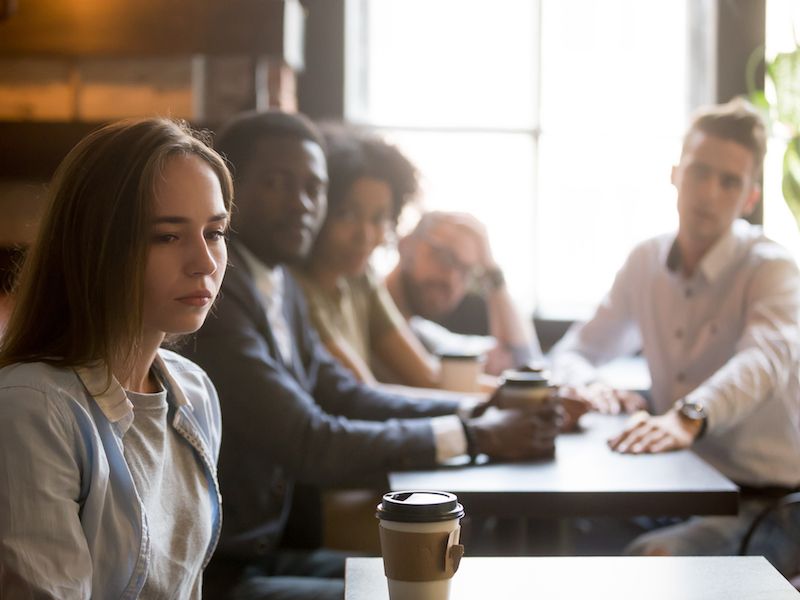
In spite of popular opinion, hearing loss isn’t only an issue for the elderly. While age is a strong predictor of hearing loss, overall hearing loss has been on the rise. Hearing loss stays at about 14-16% among adults 20 to 69 years old. Globally, more than 1 billion people between the ages of 12-35 are at risk of developing hearing loss, as reported by the United Nations and The World Health Organization. The CDC says roughly 15% of children between the ages of 6 and 19 already have loss of hearing and the latest research indicates that that number is closer to 17%. Only 10 years ago hearing loss in teenagers was 30% lower as reported by another report. Even worse, a study conducted by Johns Hopkins projects these trends out into the future and estimates that by 2060 around 73 million people above the age of 65 will have hearing loss. That’s an astounding increase over current numbers.
We Are Developing Hearing Loss at a Younger Age, Why?
In the past, if you didn’t spend your days in a loud and noisy surrounding, damage to your hearing would happen fairly slowly, so we think about it as an inevitable outcome of getting older. This is why when your grandmother uses a hearing aid, you’re not surprised. But at a younger and younger age, our hearing is being effected by changes of ways of life.
Technology, and smartphones, in particular, can have a significant impact on our hearing. We are doing what we like to do: watching movies, listening to music, chatting with friends and using earbuds or headphones for all of it. The problem is that we have no clue how loud (and for how long) is harmful to our hearing. Instead of doing our best to safeguard our ears, we often even use earbuds to drown out loud noise, purposely exposing our ears to harmful noise levels.
There’s a whole generation of young people everywhere who are slowly but surely damaging their hearing. That’s a big problem, one that’s going to cost billions of dollars in terms of treatment and loss of economic productivity.
Hearing Loss is Misunderstood
Even young kids are usually sensible enough to stay away from extremely loud noises. But it isn’t well understood what hearing loss is about. It’s not generally recognized that over longer time periods, even moderate sound levels can injure hearing.
But hearing loss is generally associated with aging so the majority of people, particularly young people, don’t even think about it.
According to the WHO, people in this 12-35-year-old age group might be exposing their ears to irreversible damage.
Options And Suggestions
The problem is especially widespread because so many of us are using smart devices on a regular basis. That’s the reason why many hearing specialists have suggested solutions that focus on providing mobile device users with additional information:
- Built-in parental controls which allow parents to more closely supervise volume and adjust for hearing health.
- Warnings when you listen too long at a specific decibel level (it’s not just the volume of a sound that can result in damage it’s how long the noise lasts).
- High-volume warnings.
And that’s just the beginning. Paying more attention to the health of our ears, many technological solutions exist.
Turn The Volume Down
The most significant way to mitigate injury to your ears is to minimize the volume at which you listen to your mobile device. Whether your 15, 35, or 70, that holds true.
Let’s face it, smartphones aren’t going anywhere. It’s not just kids that are addicted to them, it’s everyone. So we have to understand that hearing loss has as much to do with technology as it does with aging.
That means the way we prevent, treat, and talk about hearing loss has to change.
Also, decibel levels in your environment can be measured by app’s that you can download. 2 steps to protect your hearing. Ear protection is one way but also making certain you’re not doing things such as trying to drown out noises with even louder noises. If you drive with the window down, for example, the noise from the wind and traffic could already be at a damaging level so don’t turn up the radio to drown it out. As always, if you have questions about your hearing, come talk to us.